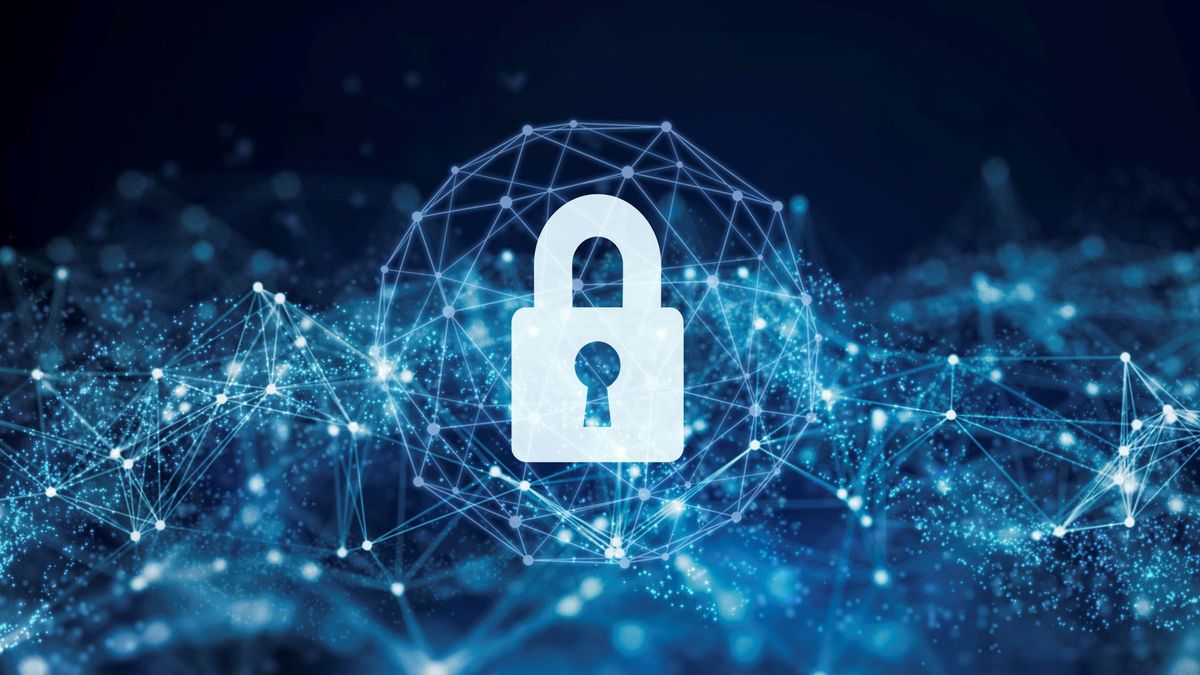Take a closer look at 7 Cybersecurity Predictions for 2025 to prepare for emerging threats.
Take a closer look at 7 Cybersecurity Predictions for 2025 to prepare for emerging threats.
Blog Article
Future-Proof Your Service: Key Cybersecurity Forecasts You Need to Know
As organizations challenge the accelerating speed of electronic improvement, recognizing the evolving landscape of cybersecurity is crucial for long-term strength. Forecasts recommend a considerable uptick in AI-driven cyber risks, together with increased governing analysis and the necessary shift in the direction of Zero Depend on Style.
Surge of AI-Driven Cyber Dangers

One of the most worrying advancements is using AI in developing deepfakes and phishing systems that are extremely persuading. Cybercriminals can fabricate audio and video clip web content, posing executives or relied on people, to manipulate targets right into disclosing delicate details or authorizing deceptive deals. In addition, AI-driven malware can adapt in real-time to avert discovery by standard security actions.
Organizations must recognize the immediate need to bolster their cybersecurity frameworks to battle these progressing risks. This includes investing in sophisticated risk detection systems, promoting a culture of cybersecurity awareness, and executing durable event reaction plans. As the landscape of cyber threats changes, positive steps come to be vital for safeguarding sensitive data and keeping service stability in a significantly digital world.
Increased Emphasis on Information Personal Privacy
Just how can companies properly browse the growing emphasis on information personal privacy in today's digital landscape? As regulatory frameworks evolve and customer assumptions rise, businesses need to focus on robust data personal privacy methods. This includes adopting extensive data governance policies that guarantee the moral handling of individual info. Organizations should conduct regular audits to evaluate compliance with policies such as GDPR and CCPA, recognizing prospective vulnerabilities that might lead to information violations.
Investing in worker training is critical, as staff recognition directly affects information security. In addition, leveraging technology to boost data protection is important.
Collaboration with legal and IT groups is important to straighten information personal privacy efforts with company goals. Organizations should also involve with stakeholders, including consumers, to connect their commitment to data privacy transparently. By proactively resolving data personal privacy issues, businesses can construct count on and enhance their track record, inevitably adding to lasting success in a progressively scrutinized electronic environment.
The Shift to Zero Depend On Architecture
In action to the advancing risk landscape, companies are progressively embracing Absolutely no Depend on Design (ZTA) as a basic cybersecurity strategy. This method is asserted on the principle of "never ever count on, constantly verify," which mandates continual confirmation of individual identifications, gadgets, and data, no matter of their location within or outside the network border.
Transitioning to ZTA involves carrying out identity and accessibility monitoring (IAM) services, micro-segmentation, and least-privilege access controls. By granularly managing have a peek at this site accessibility to sources, organizations can reduce the risk of expert dangers and reduce the influence of outside violations. ZTA incorporates robust tracking and analytics abilities, allowing companies to discover and react to anomalies in real-time.

The shift to ZTA is likewise sustained by the raising fostering of cloud services and remote job, which have expanded the assault surface (cyber attacks). Typical perimeter-based protection designs are not enough in this brand-new landscape, making ZTA a much more resilient and adaptive framework
As cyber dangers continue to expand in refinement, the fostering of Zero Trust principles will be crucial for organizations looking for to protect their assets and keep regulative conformity while making sure service connection in an uncertain atmosphere.
Governing Modifications imminent

Upcoming laws are anticipated to deal with a series of concerns, consisting of data privacy, violation notification, and case reaction protocols. The General Data Defense Law (GDPR) in Europe has established a criterion, and comparable frameworks are emerging in other areas, such as the United States with the proposed government privacy laws. These policies often impose stringent fines for non-compliance, highlighting the need for organizations to prioritize their cybersecurity measures.
In addition, industries such as finance, healthcare, and crucial infrastructure are most likely to deal with much more strict requirements, mirroring the sensitive nature of the information they manage. Conformity will not merely be a lawful responsibility yet a critical part of structure trust fund with customers and stakeholders. Organizations has to stay ahead of these changes, Website incorporating governing requirements right into their cybersecurity methods to make sure strength and shield their properties effectively.
Importance of Cybersecurity Training
Why is cybersecurity training an important component of a company's defense strategy? In an age where cyber risks are significantly sophisticated, organizations have to recognize that their staff members are usually the first line of protection. Effective cybersecurity training outfits staff with the expertise to determine prospective dangers, such as phishing assaults, malware, and social design methods.
By fostering a society of safety recognition, companies can dramatically decrease the threat of human error, which is a leading cause of data breaches. Routine training sessions make sure that staff members remain notified about the latest threats and best techniques, therefore boosting their capacity to respond suitably to occurrences.
Moreover, cybersecurity training advertises conformity with regulatory requirements, lowering the risk of lawful effects and punitive damages. It additionally encourages staff members to take possession of their role in the company's protection structure, causing an aggressive instead of responsive approach to cybersecurity.
Final Thought
In conclusion, the evolving landscape of cybersecurity needs proactive actions to address emerging dangers. The rise of AI-driven strikes, coupled with enhanced information privacy worries and the transition to Zero Trust fund Design, requires an extensive strategy to protection. Organizations needs important site to stay vigilant in adjusting to regulative modifications while prioritizing cybersecurity training for personnel (cyber resilience). Stressing these techniques will certainly not only boost business durability but also protect sensitive info versus a significantly innovative selection of cyber threats.
Report this page